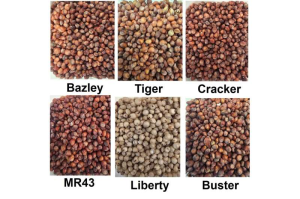
Sorghum’s bioactive compounds could improve modern diets
by Hokkaido University Sorghum, often relegated to animal feed in developed countries, boasts significant nutritional potential that remains largely untapped for human consumption. This oversight presents a critical challenge for health-conscious consumers and
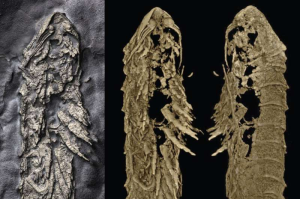
Gold bugs: New fossil arthropod preserved in fool’s gold
by University of Oxford A team of researchers led by Associate Professor Luke Parry, Department of Earth Sciences, University of Oxford, have unveiled a spectacular new 450-million-year-old fossil arthropod (the group that contains
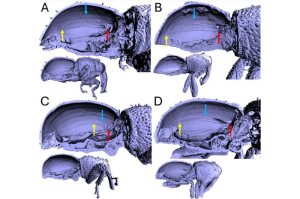
Advanced imaging uncovers 12 new weevil species
by Okinawa Institute of Science and Technology Jake Lewis, an entomologist in the Environmental Science and Informatics Section at the Okinawa Institute of Science and Technology (OIST), is fascinated by weevils, a diverse
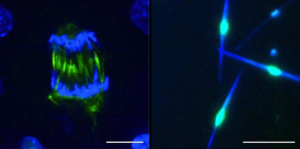
Scientists create a molecular switch that can control cell division on demand outside of a living system
by Center for Genomic Regulation A living cell is a bustling metropolis, with countless molecules and proteins navigating crowded spaces in every direction. Cell division is a grand event which completely transforms the

Researchers find Weddell seals avoid extreme dives at midday
by Woods Hole Oceanographic Institution Erebus Bay, Antarctica, is home to the southernmost population of the world’s southernmost living mammal—the Weddell seal. These seals may look like couch potatoes when they are resting
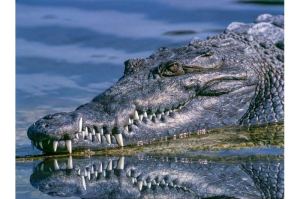
Sinuses prevented prehistoric crocodile relatives from deep diving, paleobiologists suggest
by University of Southampton An international team of paleobiologists have found that the sinuses of ocean-dwelling relatives of modern-day crocodiles prevented them from evolving into deep divers like whales and dolphins. A new